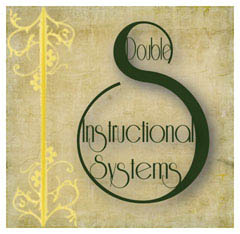Stress Management

We will be adding much more information on stress management. But for now we will focus on one of the best tools available to people with DD and their support providers — the skill of being mindful.
Have you ever noticed how much time we spend imagining all sorts of unpleasant futures or remembering past pain and disappointment? With all this attention to the future and past, we miss out on what is happening right now.
Mindfulness, or being present is attention to what is happening right now. Inside of us -- our thoughts, feelings, impulses, and physical sensations is nonjudgmental awareness – and around us – what we see, what we hear, what we smell, what we taste, what we feel.
When we pay attention right now to what is inside of us and around us without judgment, and with a sense of openness, curiosity and appreciation, we are being mindful.
Mindful attention reduces our stress. We are less defensive and better able to act in ways that fit with what’s important to us. Scans of people’s brains while practicing mindfulness show reduced reactivity in the “fear center” of the brain, and increased growth in self-control, empathy and compassion. People who practice mindfulness regularly report significant reductions in stress, enhanced wellbeing and greater effectiveness in their work and in their relationships.
What does this imply for people with DD and their support providers?
Mindfulness can help anyone take action that fits with what’s important to them, even in the face of temptations and difficult thoughts and feelings. When we do this, we are more aware of what is happening, which allows us to gather important information and increases the possibilities for dealing with a situation. Studies show that the practice of mindfulness leads to increased self-awareness and the ability to resist temptation – people become less impulsive and more thoughtful in their actions. And mindfulness practice leads to feelings of relaxation and wellbeing so people are less likely to turn to substances to feel good.
Mindfulness is a skill that people with DD and their support providers can both learn. Not only does it reduce your stress, but is also improves your health, increases your attention span, improves your focus and concentration, and decreases anxiety and depression
Next topic area is Dangerous Drugs

